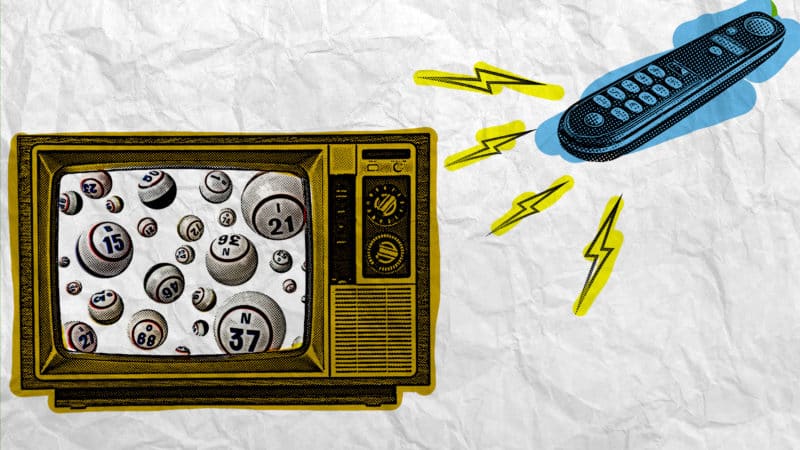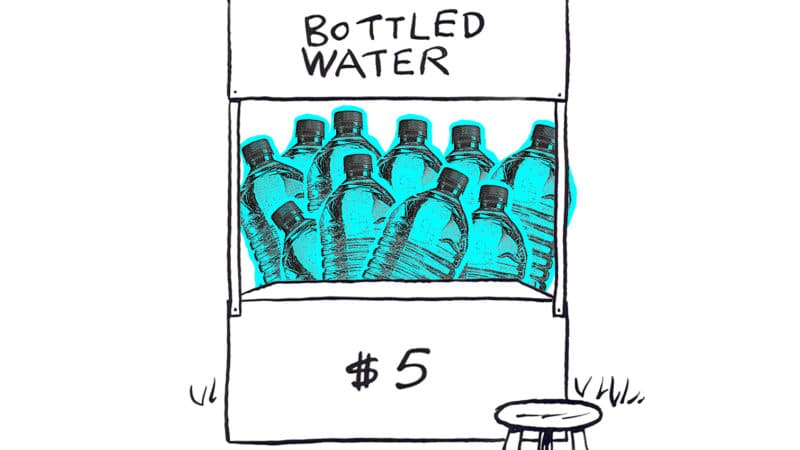By Andrew Fraieli
The homeless population in Miami has recently been the subject of much debate, specifically on the agreements and lawsuits that protect them from a past history of police harassment. Before a lawsuit by the American Civil Liberties Union (ACLU) in 1988, police would routinely destroy the property of homeless living on the street and arrest them on misdemeanors of trespassing on public property — sleeping outside.
In May of this year, according to the Miami Herald, the city filed a motion to abolish the rulings that came about from this lawsuit — called the Pottinger Agreement — stating that they are outdated. The ACLU argues that the police still violate the original terms of the agreement, and, in return, filed a motion urging the federal court to enforce it.
Essence of the Pottinger Agreement
These are the protocols that sum up the Pottinger Agreement.
Limitation on Arrests
- A police officer can only arrest a homeless person for a “life-sustaining conduct” misdemeanor if there is an available shelter bed within the city or one mile of the city limits, the police officer informs the individual of the open shelter bed, and they decline it.
Protection of Property
- “If a homeless person is arrested, police must secure their property as they would anyone else’s. It also prohibits the kind of routine destruction of homeless people’s property that triggered the lawsuit.”
Training
- Police officers are required to be put through training to ensure their awareness of the “unique struggle and circumstances of homeless persons.”
Monitoring
- Police are required to keep records of their arrests and interactions with homeless people so it can be assured they are following the agreement.
“Life-Sustaining Conduct” Misdemeanors
- Being in the park after hours
- Public nudity where necessary to carry on the daily necessities of life, such as bathing or responding to a call of nature (however, lewd, lascivious or indecent assault or act upon or in presence of child is not protected)
- Fires in parks
- Obstructing passage on sidewalks
- Living or sleeping in vehicles
- Loitering in restrooms
- Camping in parks
- Use of facilities for other than intended purpose (e.g., sleeping on a park bench)
- Temporary structures in park
- Trespass on “public property” other than structure or conveyance.
Information according to ACLU
One of the arguments against the Pottinger Agreement is that the police are capable of treating the homeless humanely without some kind of limitation. “We’re in a different world now,” Miami Commissioner Ken Russell told the Miami Herald. “At least it’s fair to have the discussion of whether it’s still necessary.” But even as this argument is made, the Miami New Times reported city workers throwing away a homeless veteran’s only belongings.
The city worker was part of the Miami Homeless Assistance Program taking part in a street “cleanup”. Around April, these bi-weekly clean-ups were consisting of damaging and throwing away people’s property that live in those places, Benji Waxman, a Miami lawyer and volunteer at the ACLU, told Miami New Times.
Miami Homeless Assistance Program
Part of the program’s goals, according to their website, are…
- to identify, and engage homeless individuals and to place them into appropriate housing.
- to facilitate employability skills, a work history and instill life management responsibilities to our formerly homeless employees, thereby strengthening their ties to the community.
- to significantly reduce the number of homeless individuals and families in the City of Miami.
History of Pottinger Agreement
In the 1980s, Miami had a surging population of homeless up to 6,000 people and a sixth of the shelter beds necessary to house them according to the ACLU of Florida. With this surge of homelessness came a police crackdown of arrests on misdemeanors that these people could not help, and routine destruction of their private property, which the ACLU stated as a deliberate attempt to drive them out of the city.
After a decade of litigation, the lawsuit was approved by federal court in 1998 leading to the Pottinger Agreement and the terms in the sidebar.
According to the ACLU
Waxman continues saying the workers and police officers have started an “aggressive campaign” across the city chasing the homeless away from where they live. The trashing of the homeless’ property, he says, is a direct violation of the Pottinger Agreement.
Eugene Ramirez, director of communications for the City of Miami, said, “All property and people are treated with dignity and respect, if our outreach staff finds any documents in clean-up areas, they collect them and bring them to the office for safekeeping. They leave a notice where the property is found so people can come collect their items.”
Wilbur Cauley, the homeless veteran, lost all his belongings in the end including his only forms of identification.
Another situation that caused the Pottinger agreement to come under fire came in October from a clean-up of a homeless congregation under the Dolphin Expressway in Overtown. Residents of the area complained in a town hall meeting of open sex and drug use according to the Miami Herald. The chairman, Keon Williams, of the Overtown Community Oversight Board hosting the meeting was one of the voices against the Agreement on the Friday morning of the cleanup.
Williams and the other residents called the agreement archaic in its restrictions, saying it allowed the area to deteriorate into the poor conditions necessitating an investigation by the Florida Department of Health. According to the Miami Herald, health officials stated there was no significant public health threat but the area was a “sanitary nuisance” that needed a cleanup.
“The rapid gentrification of Miami in the 20 years since the signing of the Pottinger Agreement does not mean that the City can return to the failed policy of trying to use the criminal justice system to address homelessness in Miami,” stated Waxman in the ACLU’s press release in June of their filing of a motion to Federal Court. “Miami may be changing, but one thing hasn’t changed: people do not lose the protection of the law simply because they are poor.”



